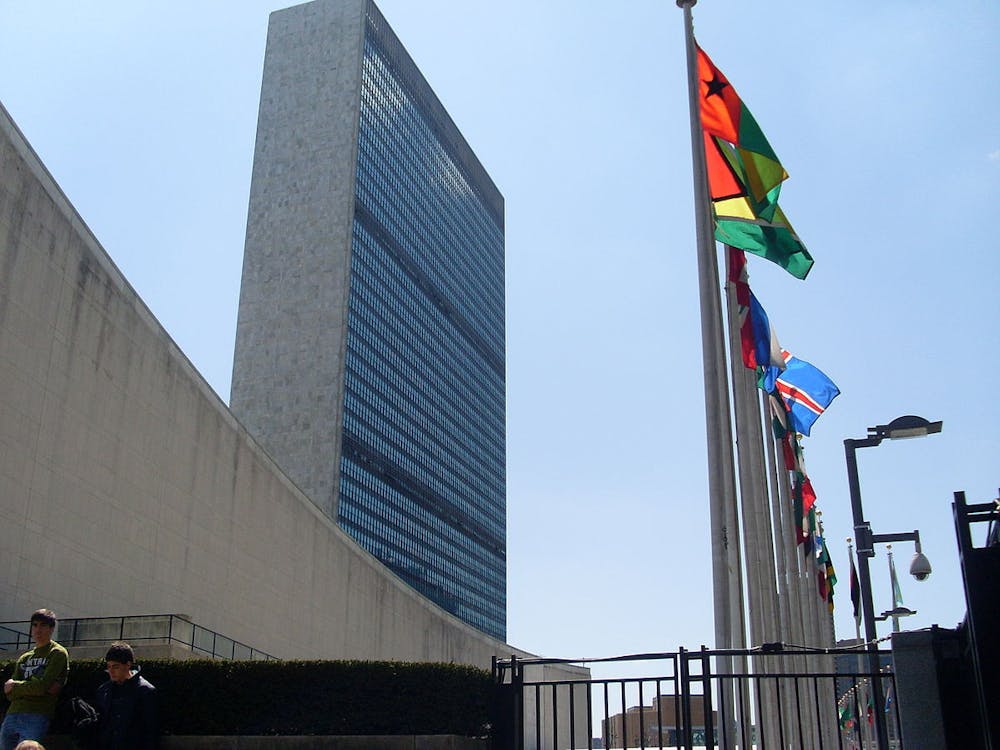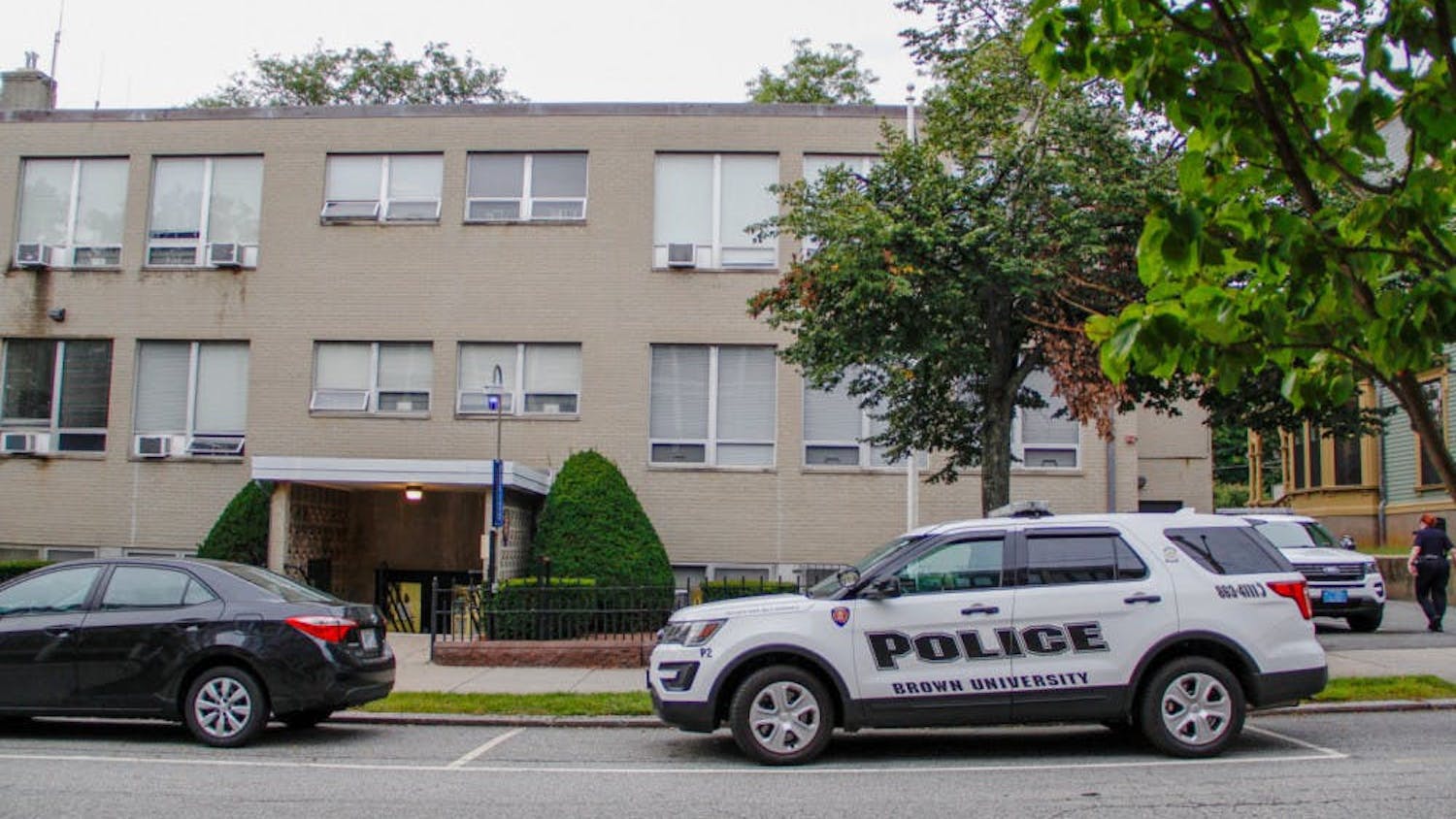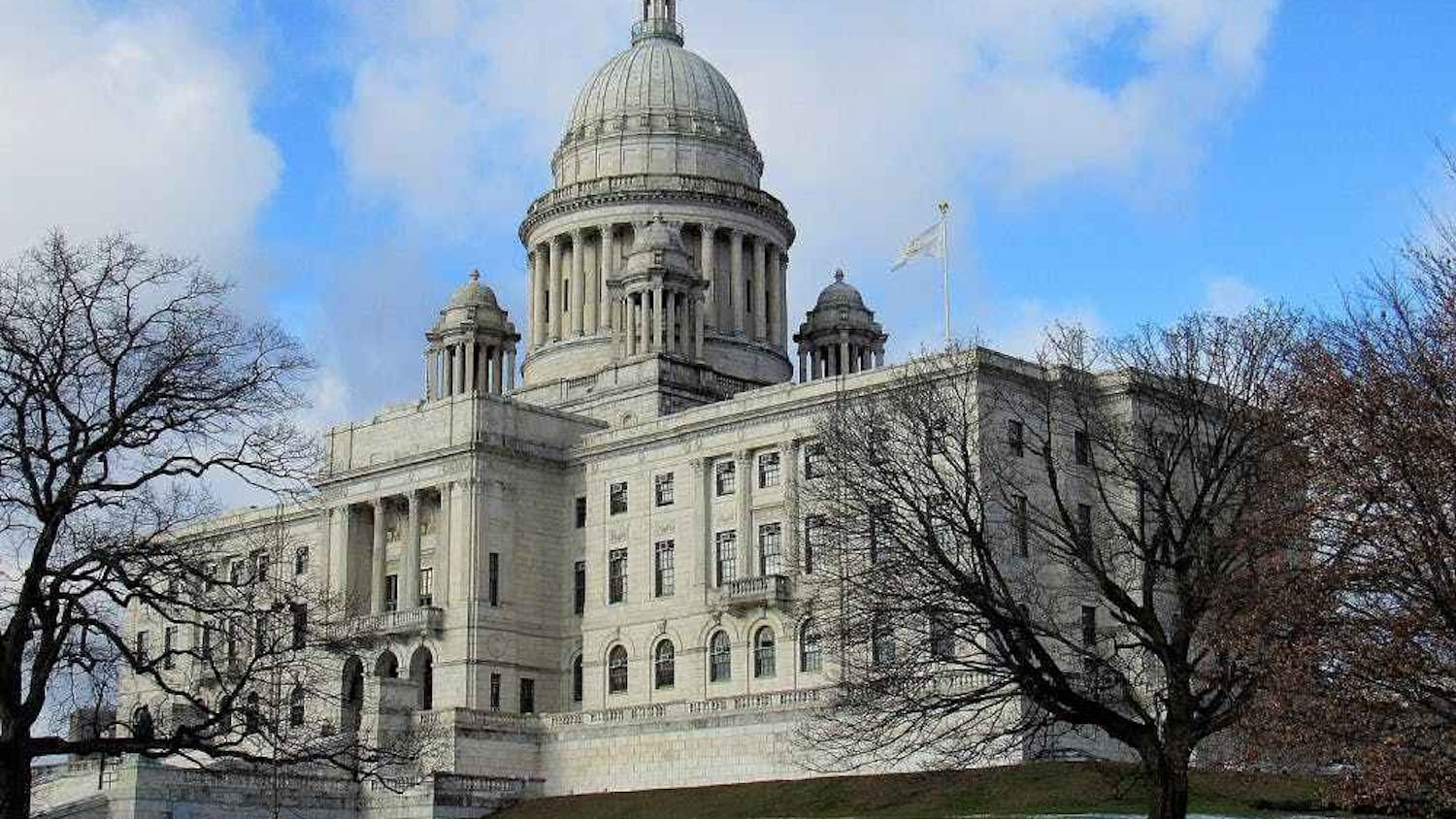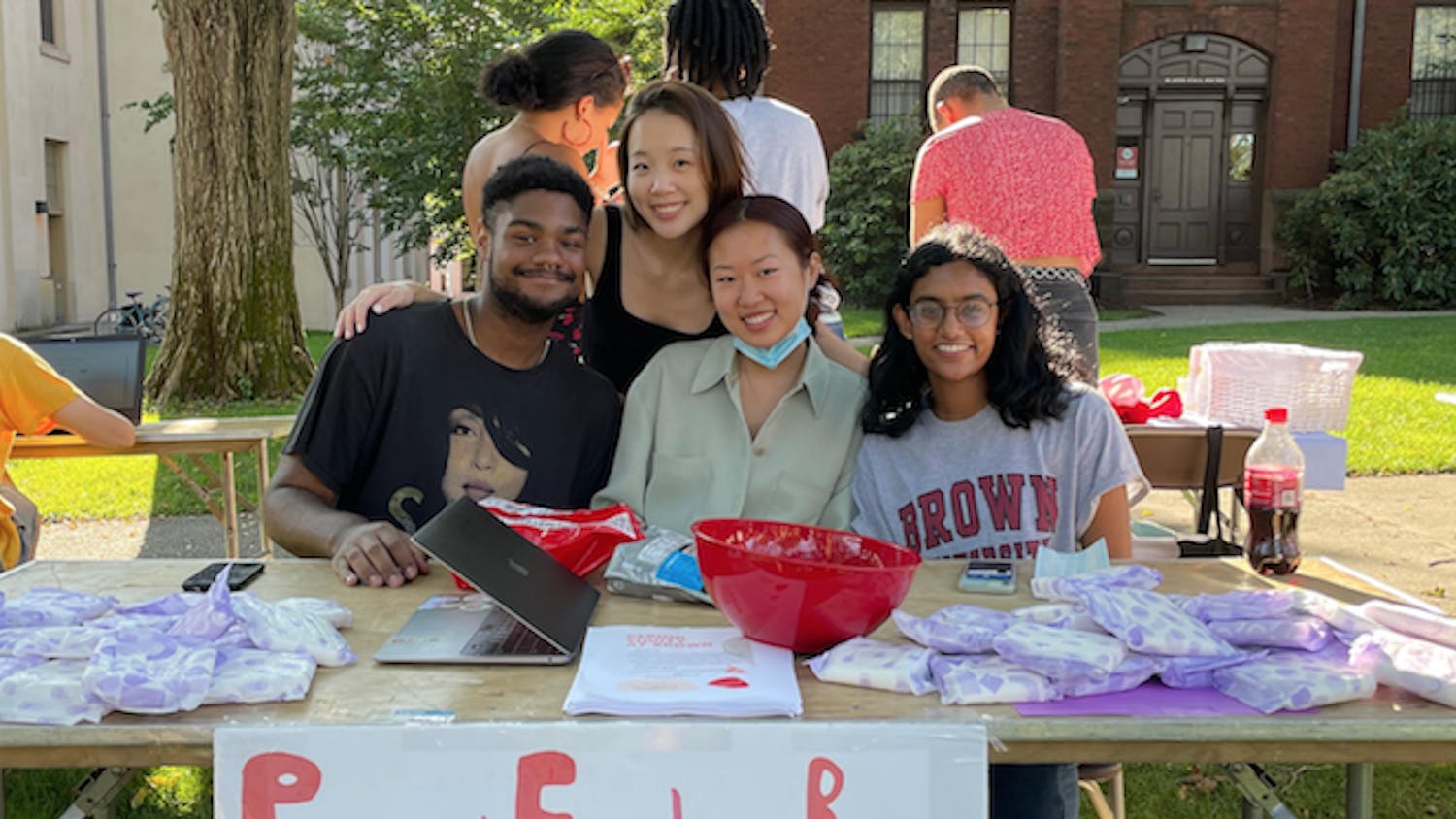Last September, activists, including current student Zoey Fisher ’25 and alum Jamie Metzl ’90, released a draft U.N. General Assembly resolution addressing global health issues including water access, sanitation, hygeine and pandemic protection through Model U.N. Impact, which is dedicated to helping student resolutions reach members of the U.N. By November, language from this draft was included in the U.N. General Assembly’s Resolution 76/153: The Human Rights to Safe Drinking Water and Sanitation.
Over 600 students from 80 countries worked on the draft with public health experts, former diplomats and U.N. representatives. Together, they aimed to create a resolution that highlighted the connection between a lack of access to clean water and hygiene and the COVID-19 pandemic. The draft was brought to world leaders in September and was ultimately introduced to the U.N. General Assembly by the German and Spanish governments.
“This is the first time in history when language from a Model United Nations resolution was transformed into language in a real United Nations resolution passed by the General Assembly,” Metzl said.
Metzl emphasized that the resolution showed the power of youth voices to inspire change. He also hopes the accomplishment will inspire a new format of youth activism focused on empathy that takes “the step from consciousness-raising to specific problem solving.”
Fisher similarly noted the need for action-focused activism. Specifically, she was disheartened by the “lack of empathy” she saw at Model U.N. conferences. At these conferences, students come together to debate and work on resolutions to global issues. These issues affect billions around the world; but, according to Fisher, many students “only cared about getting an award” and had “lost sight of the actual people behind the issues they were debating.”
It was this perceived lack of enthusiasm for tangible change that led Fisher to join Model U.N. Impact. Model U.N. Impact joined with Metzl’s organization OneShared.World in hopes of advancing the U.N. Sustainable Development Goal to improve health standards worldwide.
“Model U.N. Impact had the infrastructure and the access to all these young people,” Fisher said. “OneShared.World brought the expertise and connections.”
Together, the two organizations provided a space for students around the world to debate solutions to issues of water access, sanitation, hygiene and pandemic protection. Students who excelled in debate then worked with experts to write the final draft resolution.
While U.N.-led plans were already set in motion to address these issues, the youth resolution aimed to expand policies. Participating students recognized the link between the U.N. Water, Sanitation and Hygiene campaign and U.N. efforts to improve pandemic protection, then combined the two to create a resolution focuing on water access, sanitation, hygiene and pandemic protection: WASHPAP.
“Water, sanitation and hygiene services are an essential part of preventing illness and protecting human health during infectious disease outbreaks,” the resolution reads. The resolution calls for the recognition of the connection between water, sanitation and hygiene and protection from disease in the context of the COVID-19 pandemic. It also calls for states to implement novel approaches to achieve “WASHPAP for all”— sanitation practices in disease prevention — by 2030. The resolution further outlines steps states would need to take to meet the 2030 goal.
These approaches include “establishing sufficient access to safe water resources for all people,” “establishing access to sanitation resources for every individual” and “pandemic response education for all citizens.” It also calls on private institutions to provide monetary support to “developing countries.”
The main goal, according to Fisher, was to “get the U.N. to recognize this idea of WASHPAP and the idea that helping the world’s most vulnerable populations makes a better place for everyone. Guaranteeing access to water, sanitation and hygiene and pandemic protection is not charity. It’s the smartest investment for every single person on this planet.”
The final U.N. resolution recognized the interconnectedness of WASH and the COVID-19 pandemic, but the process of getting there was not easy, according to Fisher.
“At the U.N., there is a lot of red tape and politics,” Fisher explained. According to Fisher, certain governments did not want to adopt language from the draft resolution. For example, language to increase access to WASHPAP for women specifically was an issue for some. Fisher described the process as “a pleasure” but also “difficult.”
To Fisher, the process highlighted the importance of youth voices in global politics.
This sentiment is reflected in the U.N., according to U.N. Deputy Spokesperson Farhan Aziz Haq. Although governments remain the key actors, youth serve as “an inspiration for movement,” he said. Among the many groups within the U.N., youth act as a “counterweight” to forces working to preserve the status quo, Haq explained.
“The best thing is for (young people) to get involved,” Haq added. “There’s no alternative to speaking out.”
Climate change may become the focus of Model U.N. Impact and OneShared.World student activists in the future, according to Metzl. Metzl hopes for a “statement in the format of the Glasgow Statement from COP 26, articulating what young people around the world are demanding.”
“Young people are front and center with the climate issue right now,” Fisher said. “We think that this will be a really great new campaign. Hopefully we can achieve something even greater with it.”
Maya is a staff writer for The Brown Daily Herald covering science and research, metro and university news. She previously reported health news for WebMD and Medscape, and is pursuing degrees in Biology and International Affairs.





